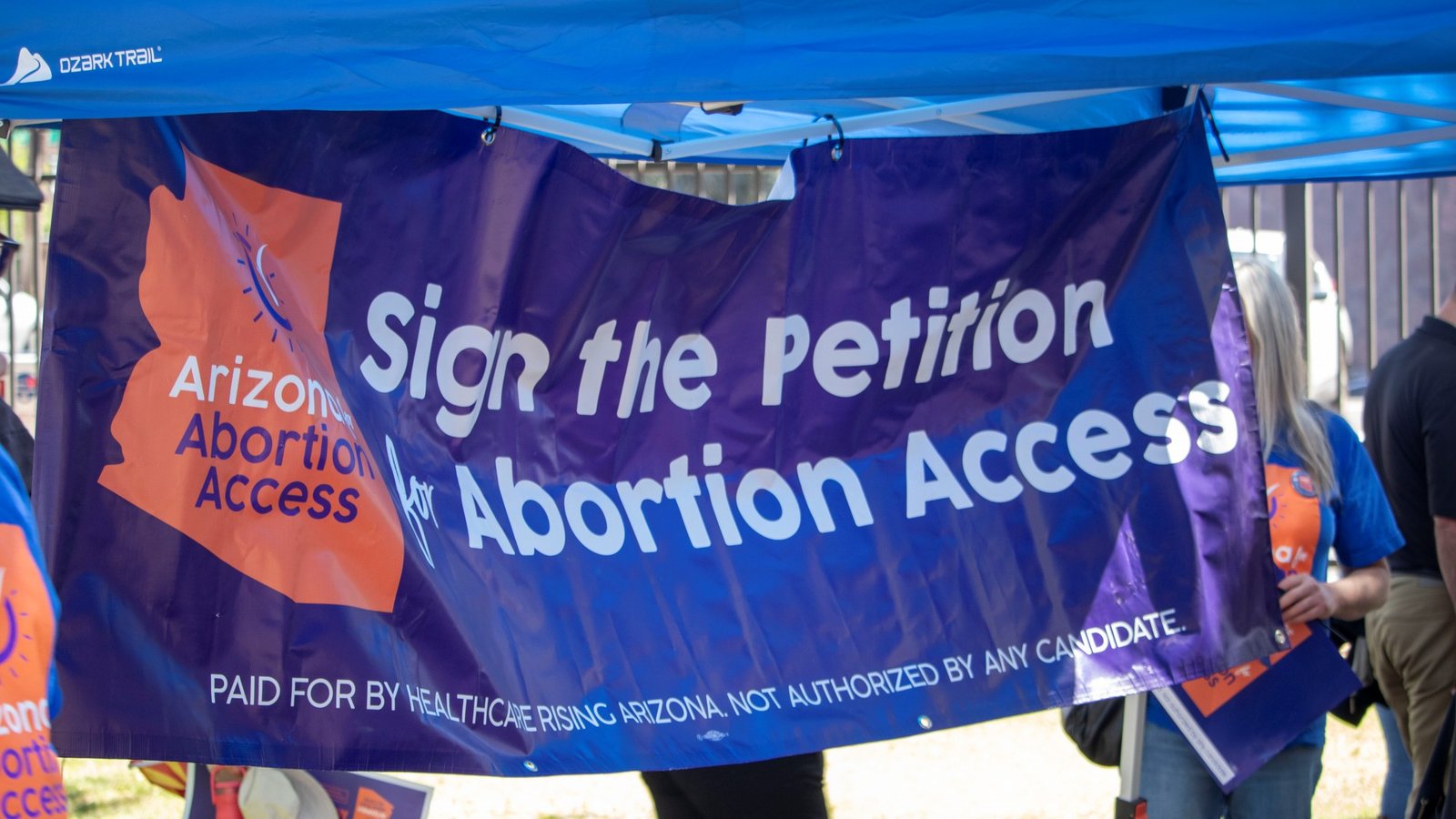abortion
Anti-Abortion Group Backs Down on Challenging Abortion Rights Ballot Signatures

An anti-abortion group has retracted significant allegations in its lawsuit against the Arizona Abortion Access Act.
Last week, Arizona Right to Life filed a lawsuit in Maricopa County Superior Court aiming to block the abortion rights initiative from appearing on the November ballot. They originally claimed that campaigners used legally insufficient forms and fraudulently represented the ballot initiative. Despite their efforts, the campaign managed to gather over 820,000 signatures, far surpassing the 383,923 required.
If the Arizona Abortion Access Act is approved by voters, the state’s current 15-week gestational ban would be overturned, and abortion rights would be protected in the Arizona Constitution. This constitutional amendment would ensure access to the procedure up to the point of fetal viability, generally around 24 weeks, with exceptions for situations where an abortion is necessary to preserve the patient’s life or health.
Arizona Right to Life shifted tactics, arguing in their lawsuit that fraud invalidated many of the signatures collected. They claimed about 200 signature gatherers misrepresented the act or submitted incorrect documentation. However, their stance changed on Tuesday when they withdrew these allegations. After reviewing petition sheets released by the Arizona Secretary of State’s Office, the group concluded that the number of potentially invalidated signatures wouldn’t suffice to disqualify the initiative. Their attorney Jennifer Wright explained the decision aimed to conserve judicial resources.
Supporters of the abortion rights initiative saw the backtracking as a sign of their opponents’ desperation. Cheryl Bruce, campaign manager of Arizona for Abortion Access, criticized the lawsuit, labeling it “desperate and frivolous.” She asserted that the opposition would resort to any measures to deny Arizonans their rights, while her organization remains committed to giving voters a voice in November. Bruce also mentioned that they would seek compensation for legal fees incurred while defending against the lawsuit, expressing confidence that the court will dismiss the remaining claims.
The central argument left in Arizona Right to Life’s lawsuit claims the act is too confusing for voters. They allege that the initiative’s language and intent are unclear, misleading some voters into signing. Courts have the authority to block ballot measures if deemed misleading. Additionally, the lawsuit contends that the act’s mental health exception is overly broad and vaguely defined and misrepresents itself as restoring the fetal viability deadline established in Roe v. Wade while providing a lenient exception beyond that point.
Arizona’s upcoming ballot promises to be a battleground over the fate of abortion rights, with both sides preparing for a heated campaign.


















